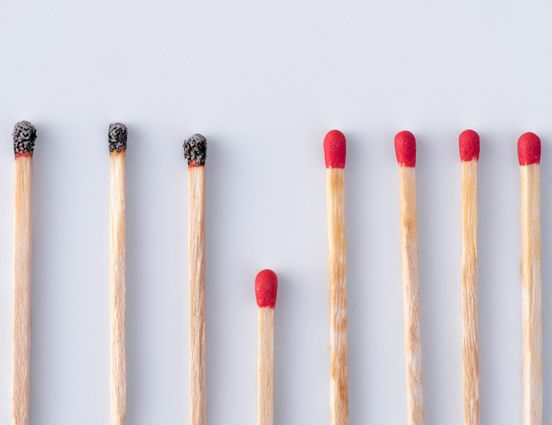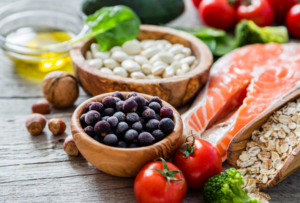
1. Good Nutrition
Why? They say you are what you eat! So hopefully, we are not eating the same thing every day. Eating a balanced, healthy, and varied diet is one of the best ways to make sure you don’t miss out on the variety of micronutrients needed to help boost your immune system. Vitamin C, Vitamin D, & Zinc are among the most important.
2. Sleep Hygiene
Why? Rest is extremely important. Stress, anxiety, and sleepless nights wreak havoc on our immune system. If you are having trouble sleeping, there is a good chance your natural Melatonin biorhythm is being disrupted. Melatonin is scientifically proven to enhance immunity. Turning off devices, dimming the lights, and maintaining a good sleep routine boosts natural levels of melatonin.
3. Get Out and Exercise
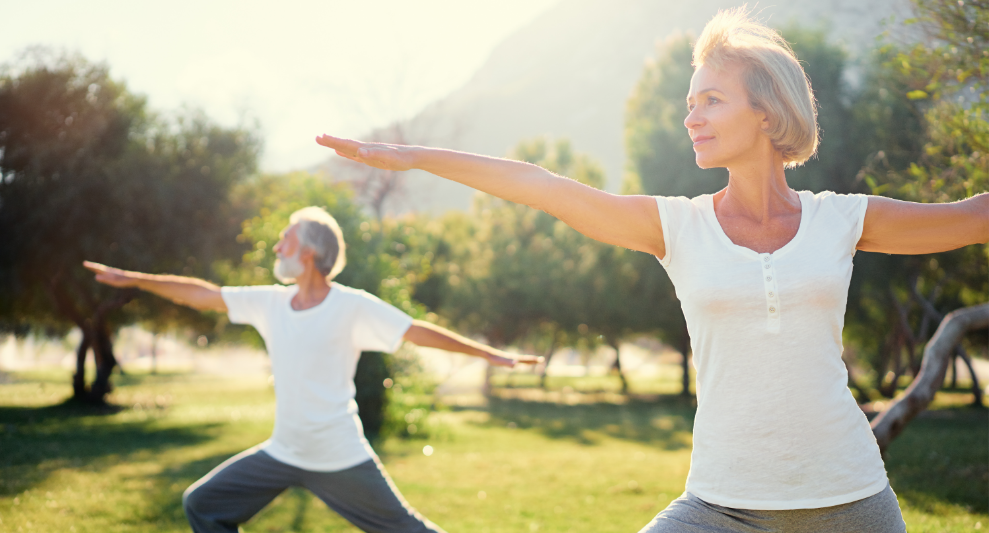
Why? The spread of any respiratory virus, including COVID-19, is greater behind closed doors and in areas with recirculated air. Getting fresh air and exercise is important for both mental health and circulation to boost our immune health.
4. Promote a Healthy Gut
Why? Optimizing our gut Microbiome is a great way to boost immunity. Probiotics promote an ecosystem of “good” bacteria living in our gut that’s scientifically proven to boost our innate immune system.
5. Learn How to Use Personal Protective Equipment (PPE) Safely
Why? Gloves and masks are designed to protect you when used properly, but they can create a false sense of security and promote the disease if used incorrectly. Using gloves only protects your hands from your actions. It’s important to understand that hands are not a viral point of entry. Touching your face with gloves feels strange, so yes gloves can help you remember not to touch your face, and that’s good. Wearing gloves after you wash your hands and then applying a mask is also a good technique. However, NEVER touch your face or put a mask on or take it off with dirty gloves!
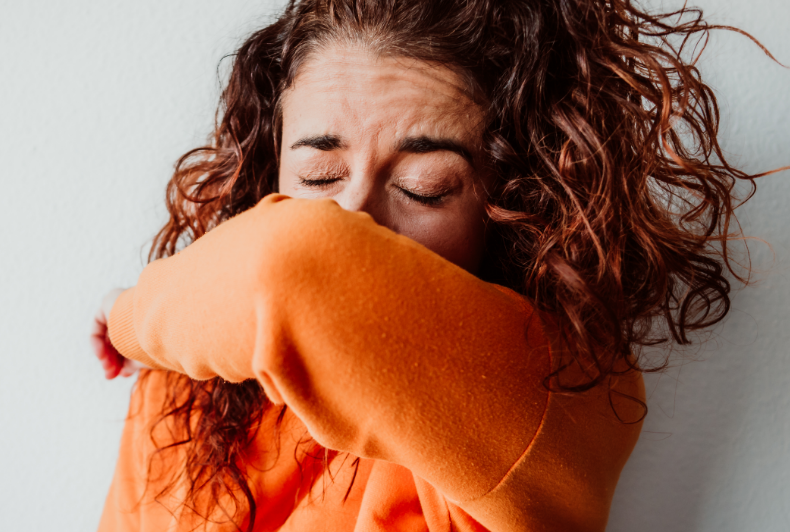
6. Cover Your Cough or Sneeze
Why? Covering your cough and sneeze highlights the role of respiratory droplets in the transmission of COVID-19. Aerosolized wet droplets containing viral particles can land on any surface, but as moisture particles evaporate, the dehydrated active virus can live invisibly for hours to days. This is especially true for metal surfaces; wipe down all exposed surfaces with virucidal disinfectants and wait at least 3 minutes for them to take effect.
7. Minimize Contamination in Your Home After Going Outside and Avoid
Wearing Excessive Jewelry on Your Hands
Why? Leaving coats and shoes outside the home, and designating house-only shoes or slippers is important. Asphalt and fecal-contaminated surfaces and grounds can harbor the virus for longer periods of time, bringing particulate matter into your clean home. Take caution with dog-walking and disinfecting paws just like hands. Avoid wearing excessive jewelry, especially on your fingers/wrists, the dehydrated active virus can live invisibly for hours to days, this is especially true for metal surfaces-jewelry included.
8. Social Distancing

Why? Minimizing direct contact is a wise way to protect yourself from catching the virus yourself and to avoid unknowingly passing it on. Respiratory droplets are too heavy to float around in the air. That means droplets inadvertently sneezed, coughed, spit or exhaled commonly fall directly on surfaces or the ground. Six feet is considered a safe space to minimize aerosolized person-to-person contamination.
9. Stop the Spread of Fomites by NOT Touching Your Eyes, Nose, or Mouth
Why? “Germy” hands are the number one source of the spread of COVID-19. That’s right! When someone is sick, coughing or sneezing, we are trained to stay away. What we forget is that dehydrated respiratory droplets of where someone else once sneezed or coughed hours ago can contaminate surfaces with what we call “fomites”. When we sweep up these invisible viral particles with our hands and then touch our faces, we can infect ourselves!
10. Wash Your Hands With Soap And Water For At Least 20 Seconds
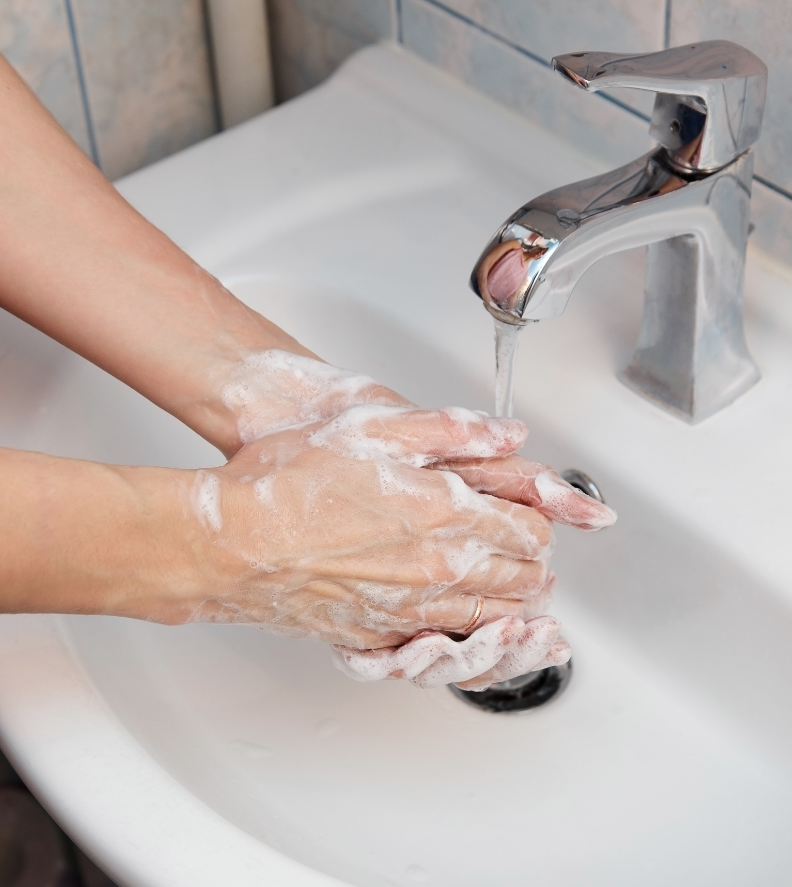
Why? While we still don’t have the perfect drug to treat COVID-19, prevention is still literally in our hands! Even if we touch COVID-19 with our hands, our skin barrier prevents infection. Soap is perhaps the unsung hero in the fight against the spread of COVID-19. Soap may not seem as strong as other astringent disinfectants like Clorox and Lysol that remain sold out in many locations, but when it comes to viral prevention, soap should not be underestimated! How does soap work? Soap acts as an emulsifier, destroying the virus by dissolving the viral protective fatty layer that houses the virus’ genetic code. Viral disruption is enhanced by the mechanical friction of rubbing, and lathering then helps soap engulf the exploded viral fragments into a lipid soap bubble, called a ‘micelle’ that gets cleanly washed away. While it takes up to 3 minutes for harsh chemicals and hand sanitizers to destroy viruses, frequent handwashing with soap and water is a more gentle and efficient way to control the person-to-person spread of COVID-19 in a matter of seconds!

